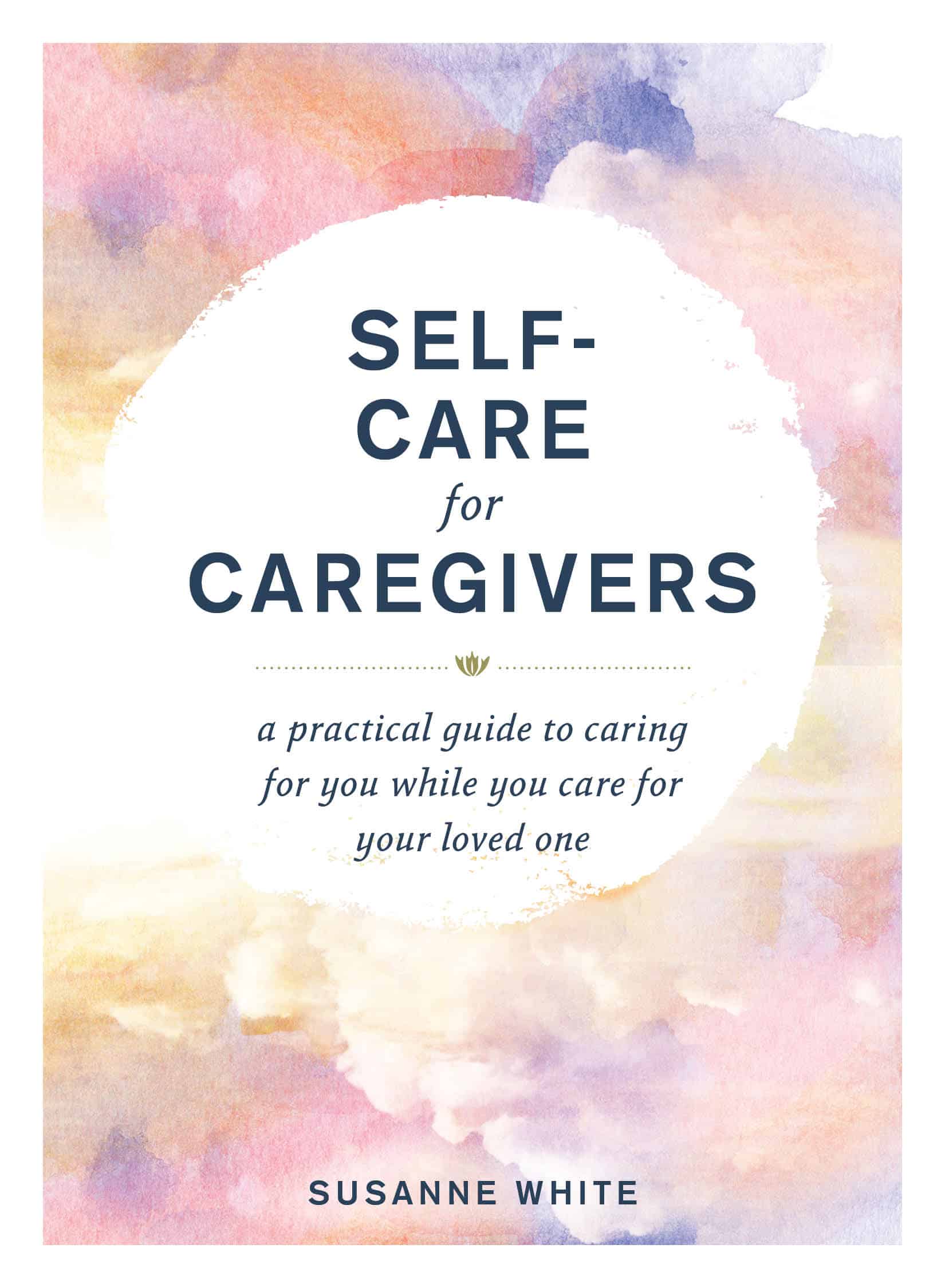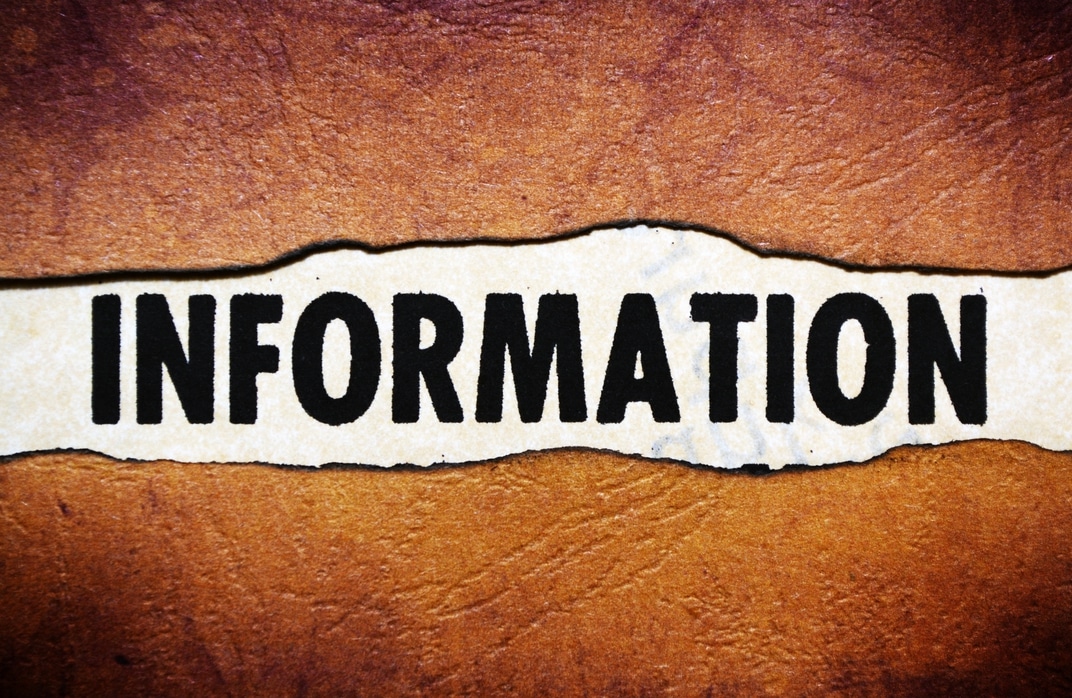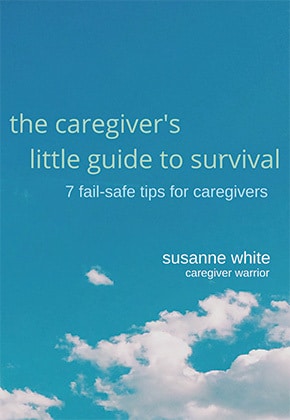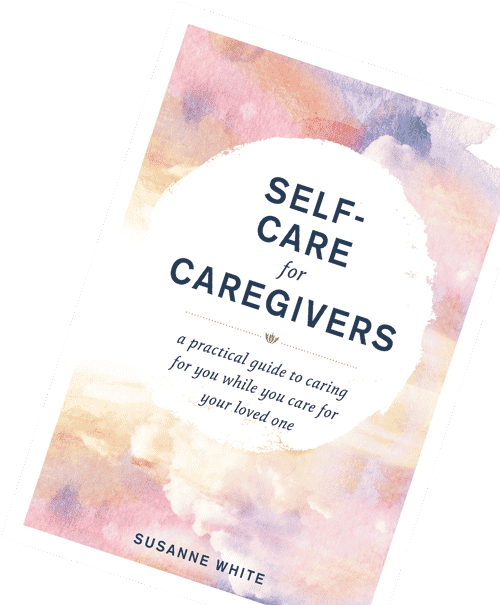I have been to countless hospitals and ER rooms in multiple cities. As a caregiver and patient, I have seen so many doctors that I can’t even remember them all.
When it comes to healthcare situations and circumstances, I have been there, done that, have the t-shirt, and ate the popcorn. I’ve experienced the best and the worst of the healthcare industry and have witnessed all the miracles and messes that come with the caregiving territory.
You didn’t tell me about this!
Throughout this diverse medical journey, I have encountered one thing that continues to frustrate and infuriate me; no matter how hard I try to get all of my ducks in a row and make sure I have all the information I need from doctors, hospitals, and the health care system, quite often there something they didn’t warn me about or explain or prepare me for.
While I sincerely believe this is not intentional, it happens on a regular basis. The antidote is a proactive approach that provides us with as much information as possible.
Reduce the surprise factor!
Here are some strategies I came up with that can limit your exposure to lack of or bad information, and help you be as prepared as possible. Trust me, there will STILL be surprises and something can always turn up unexpectedly but these strategies can reduce the probability of error substantially.
Make a list of all your questions and ask them!
If you know about an appointment in advance, take time to make a list of questions and continue to add to it as thoughts come up. Take that list of questions with you into the appointment and ask them! You are entitled to ask all the questions you have. Remember there are no stupid questions, especially concerning health issues. I start doctors’ appointments by alerting them to the fact that I have a list of questions I would love to ask at the end of the visit. I promise to be concise and mindful of their time and if they can answer me with a yes or no I am open to that when it’s sufficient. I’m usually shocked at how fast my list gets answered and most providers are generous and even pleased with the discussions that arise from my questions.
Record the visit or conversation.
I record every meeting or office visit with the voice memo app on my phone. I always ask for permission and rarely get a refusal. This is such a great idea since we are often tired and stressed out and can easily forget important details that were discussed or the answers to some of our questions. Having a recording to refer to later can make all the difference in the world.
You’re fired!
When possible change providers if you are not getting all the info you need in the way that you need it. If your provider doesn’t want to make time for questions, is dismissive, or their staff is impatient, get a new provider if you are in the position to do so. Your caregiving depends on having a great team you can count on that supports you. It’s vital that you and your loved one work with people and institutions that contribute positively to the healing process. They say that when a patient feels confident that their care team will help them heal, the actual healing process is faster and easier.
Get contact numbers and don’t hesitate to use them.
Don’t leave an office without after-hours contacts and any names and numbers available to you. Make sure you know who to call in case of emergency. Don’t be shy about this. Sign up for any online patient portals and accounts and ask how quickly they answer the messages you can leave there. Make sure you have established a great rapport with nurses, doctors, and staff so they are invested in helping you out when you need them.
Do your own research.
This is an important step but it comes with a warning. Do not ask the advice or opinion of Dr. Google or Dr. YouTube. There’s danger in them there hills and a ton of scary, bad info. The rule of thumb is to avoid lone rangers and platforms that are only interested in clickbait and fear-mongering. The research and information I’m talking about should be from legitimate, established, reputable, and reliable sources. Higher education institutions, outstanding research hospitals, and accredited institutions with great reputations are the places that will offer information you can count on.
Get information that’s specific for you and your loved one.
Assume that people are busy, and might be reciting standardized instructions they repeat all day. They might be unconsciously immune to your need for explanations other than their stock version. They probably don’t mean to withhold information, they might just be on automatic pilot. We have to stand up for ourselves if we need additional information. Every situation is different so the standard explanation might not fit everyone. Never be afraid to ask if they have left anything out, especially rare or unusual things they might have experienced. If anything is confusing or unclear, let them know. Get what you need to feel confident and prepared.
Being a bit pushy can be uncomfortable so just remember you deserve to get an explanation for everything. It is always better to be safe, then to be sorry. It is our job to gather information and understand what we need to do to keep those under our care safe and sound. In addition to the essential health care itself, our providers and institutions have the responsibility of providing us with information, explanation and guidance. Managing health care can be overwhelming, so the more we know the safer we feel. We are entitled to be in the know, not the last to know!
Good luck and much love!
If you liked this blog, you’ll love this one too!
Dear Caregiver Warriors,
As one Caregiver Warrior to another, I offer advice, helpful tips, and strategies based on the experience, strength, and hope I found while surviving my own caregiving journey. It has become my mission to share my stories and the things I learned about being an empowered caregiver. To help spread the word and offer guidance to other caregivers, I have written a new book entitled “Self Care for Caregivers: a practical guide to caring for you while you care for your loved one.” It’s available at your favorite bookstore. There is even a audio version so you can listen on the go! If you find the book everything you hoped for, please let me know and please leave a review where you purchased the book! Your feedback means the world to me!










This blog provides valuable insights on essential caregiver tools to prevent healthcare surprises. A concise and informative guide for navigating caregiving responsibilities effectively.
Many thanks for such great feedback. Preventing healthcare surprises is something I’m passionate about since I have faced so many in my caregiving journeys. I want to support and help prepare caregivers in any way possible!